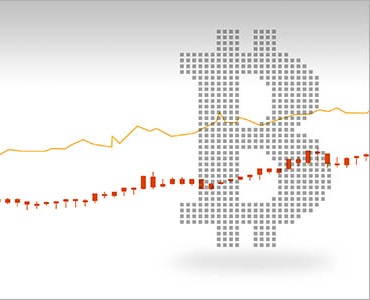SEC Enforcement Director Gurbir Grewal on Sept. 9, 2022, said the commission is being “much more intentional in our public documents” in articulating its analysis on crypto enforcement.
Grewal made the remarks during a morning panel discussion with enforcement staff at the Practising Law Institute’s SEC Speaks conference, answering a question from former SEC Commission Dan Gallagher, now the chief legal officer at Robinhood Markets Inc.
The remarks come amid what Gallagher characterized as profound invective from the crypto industry over the commission’s approach, which has focused on enforcement over crypto-specific rules or guidance.
“I think being somewhat in this industry trying to do it the right way, trying to do it in a way that the commission will look and say ‘yeah, we don’t have a legislative construct, but you are doing it in a way that a typical registrant would do it’ is really, really hard,” Gallagher said, calling for more and faster information from the commission.
“You are feeling all this incoming ‘don’t do this, get away,’ and that’s not my perspective,” Gallagher said. “My perspective is whatever you do, please, the more info you get to us the better.”
Grewal replied: “And I think you hopefully have seen this shift, because we’re being much more intentional in our public documents,” whether highlighting what constitutes cooperation with the SEC, or in its analysis in the enforcement actions against BlockFi Lending LLC and ex-Coinbase manager Ishan Wahi.
In July, the SEC announced a first-of-its-kind action against Wahi, his brother Nikhil Wahi and friend Sameer Ramani, alleging the latter two generated at least $1.1 million in illicit profits by trading ahead of listing announcements for assets on the crypto trading platform, based on tips from Ishan Wahi. (See SEC Charges Former Coinbase Manager for Crypto Insider Trading in the July 22, 2022, edition of Accounting & Compliance Alert.)
In its complaint, filed in U.S. District Court for the Western District of Washington, the commission defined tokens POWR, AMP, DDX, DFX, KROM, RLY, XYO, RGT, and LCX as “crypto asset securities.”
The SEC has grounded its assessment of what constitutes a crypto security in its foundational “Howey Test” established in the Supreme Court’s 1946 decision in SEC v. W.J. Howey Co.. Under that test, an investment contract – which is classified as a security under the Securities Act of 1933 – must involve an investment of money in a common enterprise, with an expectation of profit from the efforts of a third party.
The SEC in February charged crypto trading platform BlockFi in another first-of-its-kind action that hinged on the firm’s failure to register under the Investment Company Act of 1940. The firm, which neither admitted nor denied the findings, agreed to pay a $50 million penalty to settle the SEC charges, as well as another $50 million to settle charges with 32 state securities regulators. (See SEC Charges Crypto Platform in ‘First-of-its-Kind’ Action in the Feb. 18, 2022, edition of ACA.)
The commission, in its BlockFi action, concluded the firm’s BlockFi Interest Accounts (BIAs) were notes under the 1990 Supreme Court decision in Reves v. Ernst & Young, which established the so-called “Reves test,” and therefore qualified as securities.
In remarks at the beginning of the panel, Grewal said he believes the Howey and Reves tests “remain vital and accurate means of identifying instruments that fall within the jurisdiction of the securities laws.”
“When the evidence we obtain indicates that those laws have been violated, we will continue to bring actions regardless of what label is used or technology is involved or not,” he said. “Failure to do so would constitute, again, an abdication of our responsibilities, and an abandonment of the investors who have been harmed in those markets, including through being denied essential disclosures and protections.”
This article originally appeared in the September 12, 2022 edition of Accounting & Compliance Alert, available on Checkpoint.
Get all the latest tax, accounting, audit, and corporate finance news with Checkpoint Edge. Sign up for a free 7-day trial today.


